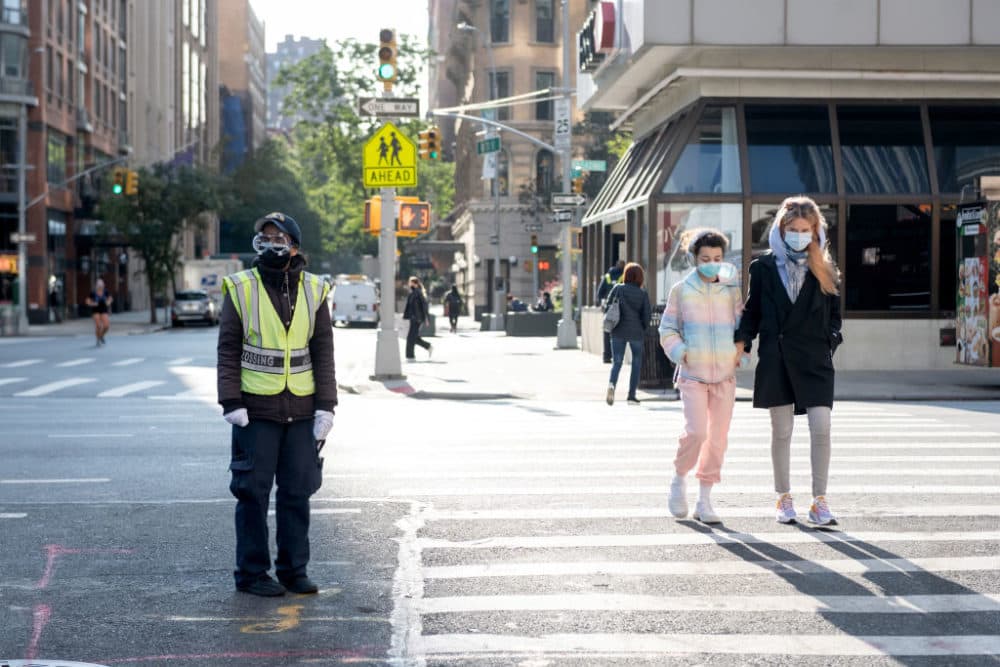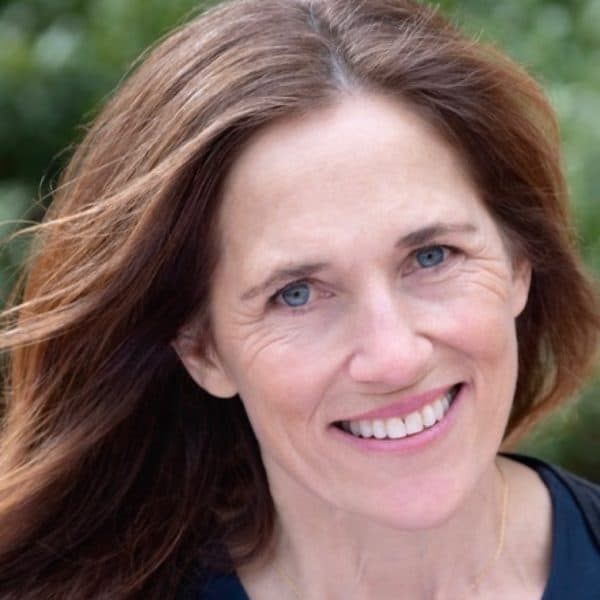Advertisement
Commentary
When my patients are unvaccinated

I’m often asked if I feel anger towards people who aren’t vaccinated against COVID-19. As a pediatrician, I must see how they threaten my safety — how it’s their fault this pandemic won’t end.
But I am not angry. When a mother shakes her head no, saying she eats well and takes vitamins to boost her immune system, what I feel is concern for her safety. When a teenager says he’s not afraid of the virus, what I feel is how afraid he might be if he brings it home to his grandfather. When an African-American man says the government shouldn’t control his health care decisions, what I feel is shame for the tragedy of mistrust my profession has created.
Doctors are trained in a patient-centered model of health care. This means having empathy for our patients, listening with compassion so we understand their thoughts and beliefs, tailoring our guidance to the individuals in front of us, and collaborating as we support their decision-making process. We understand that people don’t respond to being lectured or coerced. They respond to feeling known.
This patient-centered approach has been shown to positively affect behaviors that pose health risks, such as smoking, drinking and diet. It also moves the needle on vaccine hesitancy.
Last winter I volunteered to give COVID shots at several mass vaccination clinics. Injecting the life-saving suspension into arm after arm, watching hundreds of people stream through the convention center, I could feel the enormity of our impact. Moving the needle is different. It doesn’t make the numbers of vaccinated soar in only one day. But it is equally valuable. People who came to the convention center were determined to get the vaccine one way or the other, but those who are hesitant may never accept it without careful guidance. One patient at a time, the counseling of a trusted health care provider can save lives.
We understand that people don’t respond to being lectured or coerced. They respond to feeling known.
This is why, when my patients say no to the COVID vaccine, I turn away from the computer and ask, “Is it OK if we talk?” Often their shoulders droop forward or their eyes cast away. I understand they may be weary of being told what to do — that many refuse the vaccine for this very reason. I explain I am here to offer support and information, not to pressure or coerce. My goal is for patients to make their own decisions, based on as much information as possible. “So if you’d like, you can explain your concerns. Let’s go through them one by one, and you can make the best decision for you,” I say.
Most of the time they look up then, and the conversation begins. The vast majority tell me they are scared. A father’s neighbor died in his sleep after getting the COVID vaccine. A single mother of five children had a near-death experience from a blood clot several years ago, and fears the vaccine might cause another. A teenager shows me a Tik Tok video of a spoon sticking to an arm after the shot has gone in. I don’t even know what’s in it, is a common refrain.
Advertisement
Others feel they don’t need to be vaccinated since they know how to keep themselves safe. Or that the government shouldn’t dictate our choices. Or that pandemics are a natural part of human evolution and we should accept the course of disease. Some just hate needles, plain and simple.
I listen to every concern. I acknowledge how worrisome the unknowns can feel. I explain that I, too, am wary of anything new, which is why I carefully researched the COVID vaccine before accepting it for myself, my three children and all of my patients.
I explain that the vaccine trials were as large and well-done as any I’ve seen in my 25 years as a pediatrician. I say what a horrible story, about the man who died in his sleep, but if sudden death were even a rare effect of this vaccine, we would absolutely know by now. I hold my hands in the air, palms facing the ceiling to make a virtual scale, and describe the weighing of risks. A blood clot from COVID-19 infection (left hand rises up) is 12 times more likely than a clot from the vaccine (right hand drops down). The mother’s eyes widen. She had no idea.
Then I walk to the exam table and start to draw. Here’s the large round virus with spike proteins coating its shell and long wavy bits of genetic material floating inside. Here’s the virus injecting its wavy bits inside a human cell, where they wreck havoc and make more of themselves. And this, over here, is the vaccine, making a lone spike protein inside a person’s arm (none of the wavy bits). Now Y-shaped antibodies swarm around and the spike protein dissolves, never lingering in our bodies or going near our own DNA.
I say what a horrible story, about the man who died in his sleep, but if sudden death were even a rare effect of this vaccine, we would absolutely know by now.
Often my patients still shake their heads, resolute. Sometimes they’d like to think more. A few times each day a mother or father says, “Yes, I’ll make an appointment” or a teen asks “Can I get it today?” I pause and ask the young life before me, “Are you sure? It’s important you feel entirely comfortable.” He smiles and says yes, he is sure. I click the button on my computer screen that may save his life. Or his grandfather’s.
Increasing uptake of COVID-19 vaccines requires a multi-pronged strategy. Mass vaccination clinics, social media campaigns, incentives, mandates and delivering the vaccine in churches and schools have all been shown to help. So has a relationship with a trusted health care provider.
My heart swells every time I watch a person I care for walk out the door with a bandaid on his arm, safer than he was before.
